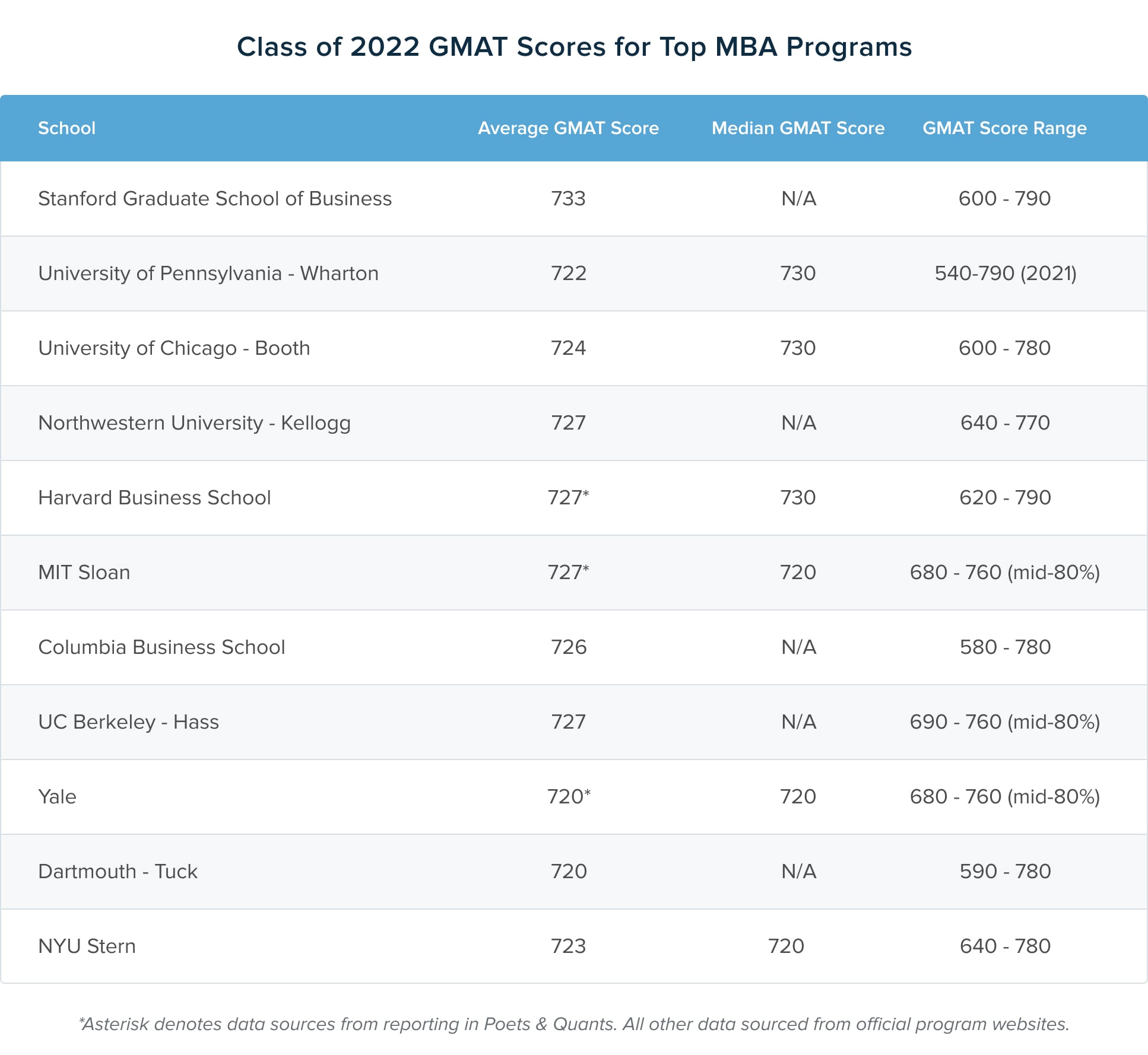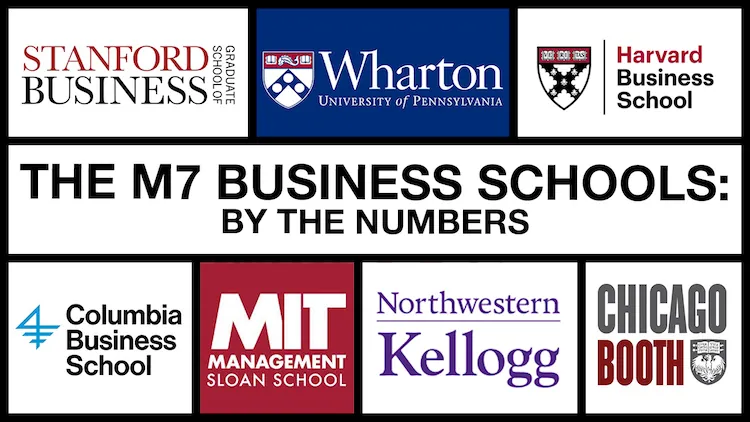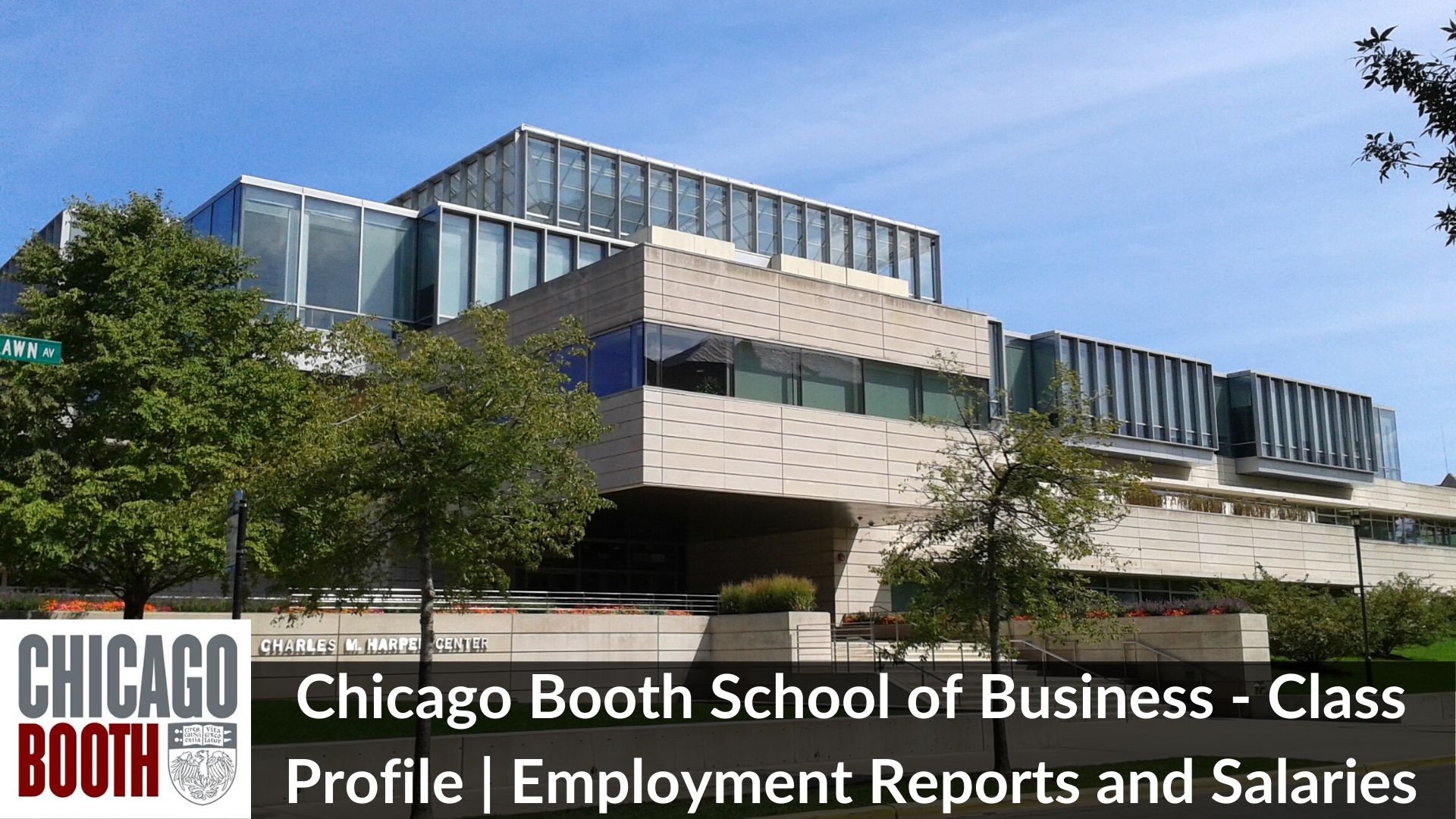Top 10 MBA Schools in USA

An MBA, or Master of Business Administration, is a globally recognized graduate-level degree that equips professionals with essential skills and knowledge in business management. This program typically covers a wide range of disciplines, including finance, marketing, human resources, and operations management. Students not only learn theoretical business concepts but also engage in practical, real-world applications through case studies, group projects, and internships. With the increasing complexity of the business world, an MBA provides a platform for individuals to enhance their leadership, analytical, and decision-making abilities, which are invaluable in today’s competitive job market.
Importance of Pursuing an MBA
The pursuit of an MBA offers numerous benefits, making it a significant investment for professionals looking to advance their careers. Here’s why:
- Higher Earning Potential: MBA graduates often command higher salaries than their peers without advanced degrees. The median salary for MBA holders can exceed $175,000 annually.
- Career Advancement: An MBA opens doors to leadership roles in various industries, facilitating career growth and expanded responsibilities.
- Networking Opportunities: MBA programs foster connections with peers, faculty, and alumni, providing a strong professional network that can be beneficial throughout one’s career.
- Skill Development: Students gain cross-functional skills that prepare them for diverse business challenges, making them adaptable and versatile in the workplace.
Ultimately, pursuing an MBA not only enhances personal growth but also positions individuals for long-term success in an evolving business landscape.

Top Criteria for Ranking MBA Schools
Academic Reputation
When evaluating the top MBA programs, academic reputation is paramount. This criterion considers faculty qualifications, research output, and peer assessments from other institutions. Schools like Harvard Business School and Stanford GSB consistently rank high due to their renowned faculty and innovative research—a testament to their influence in shaping business practices globally. For prospective students, a school’s academic reputation can lead to better networking opportunities and collaborations. Alumni affiliations with prestigious organizations often enhance the school’s standing, leading to a cycle of continued excellence.
Employability and Post-Graduate Salaries
Another critical criterion for ranking MBA programs is employability, alongside the salaries graduates command. The best programs, such as Wharton and Booth, boast impressive post-graduate salaries—the median salary for Wharton graduates is around $175,000. Factors affecting employability include:
- Career Services: Schools offering robust career support, like intensive recruiting events and employer partnerships, help students secure top internships and job placements.
- Alumni Network: Strong alumni networks can provide invaluable connections for job seekers.
Ultimately, potential applicants should weigh both reputation and employability as crucial components in their decision-making process when choosing an MBA program.

Harvard Business School
Program Overview
Harvard Business School (HBS) offers a globally recognized MBA program designed to cultivate the next generation of business leaders. With a curriculum centered around the case method, students engage in robust discussions, analyzing real-world challenges faced by organizations.
- Core Curriculum: The first year focuses on foundational business principles, while the second year allows for elective courses, enabling students to tailor their education.
- Collaborative Learning: Class sizes average around 93 students, fostering an environment where diverse perspectives enrich learning experiences.
Located in the heart of Boston, HBS is not only academically rigorous but also offers extensive networking opportunities with esteemed alumni from various industries.
Admission Requirements
Applying to HBS is a competitive process. Prospective students must meet the following admission requirements:
- Educational Background: A bachelor’s degree or equivalent from an accredited institution.
- Test Scores: Although there is no minimum GMAT or GRE score, applicants must submit their scores as part of the application process.
- Letters of Recommendation: Two letters are required, ideally from professional contacts who can speak to the applicant’s capabilities.
- English Proficiency: Non-native speakers must demonstrate proficiency via TOEFL, IELTS, or Duolingo.
The application fee is $250, and important deadlines include September 4 for Round 1 and January 6 for Round 2. HBS emphasizes not just academic excellence but also leadership potential and personal integrity in its admissions process, ensuring a cohort of driven and collaborative individuals.

Stanford Graduate School of Business
Global Opportunities
The Stanford Graduate School of Business (GSB) stands out for its commitment to providing global opportunities to its students. Being located in Silicon Valley, Stanford offers unparalleled access to a diverse range of businesses and industries.
- Internships Abroad: GSB facilitates internships across the globe, allowing students to gain international experience and insights into different markets.
- Global Study Trips: Programs such as the Global Management Immersions provide immersive experiences, where students can study abroad while collaborating with multinational companies on real-world challenges.
This not only enriches the academic experience but also prepares graduates for leadership roles in an increasingly interconnected world.
Alumni Network
The strength of Stanford GSB’s alumni network cannot be overstated. Graduating from one of the top-ranked MBA programs opens doors to a robust community of successful professionals, many of whom are leaders in their respective fields.
- Lifetime Connections: With notable names like Elon Musk and Phil Knight among its alumni, the network offers invaluable mentorship and career advice.
- Networking Events: Regular alumni events and forums facilitate connections and foster relationships, allowing current students to engage with leaders and innovators.
In essence, the Stanford GSB experience goes beyond the classroom, equipping students with a powerful network that can last a lifetime, ultimately aiding them as they embark on their professional journeys.

The Wharton School at the University of Pennsylvania
Specialized MBA Programs
The Wharton School is renowned for its specialized MBA programs, allowing students to tailor their education to their career aspirations. With options spanning various fields, Wharton offers:
- Finance: Ranked No. 1, this program focuses on financial markets, mergers, and quantitative analysis, preparing graduates for high-stakes roles in investment banking and finance.
- Real Estate: Also holding the top spot, this specialization equips students with skills in property management, investment strategies, and urban development.
- Marketing and Accounting: Ranked No. 2 in both areas, these programs emphasize data-driven decision-making and financial storytelling.
Through a rigorous curriculum and hands-on experiences, Wharton ensures its students are well-prepared for the competitive business landscape.
Industry Connections
A significant advantage of studying at Wharton is its extensive industry connections. The school’s proximity to Philadelphia—a hub for finance, healthcare, and technology—provides students with unique opportunities:
- Recruitment Events: Regular career fairs and networking events introduce students to top employers and industry leaders.
- Alumni Network: Wharton boasts a formidable alumni network, including prominent figures in various sectors, enhancing mentorship and job placement prospects.
These connections not only facilitate internships and employment but also foster a collaborative community, giving Wharton graduates a competitive edge in their careers.

Booth School of Business at the University of Chicago
Innovation and Entrepreneurship Focus
The Booth School of Business is well-known for its strong emphasis on innovation and entrepreneurship. This focus is interwoven throughout its curriculum, allowing students to explore new ideas and build their ventures.
- Polsky Center for Entrepreneurship: Booth provides resources through the Polsky Center, which supports students in launching startups, offering mentorship, workshops, and access to funding.
- Course Offerings: Programs like “The Entrepreneurial Discovery” course challenge students to identify real-world problems and develop innovative solutions, honing their entrepreneurial skills in the process.
For many, this entrepreneurial ecosystem is a primary draw; it enables students to not only learn about business strategies but also gain practical experience in how to bring those strategies to life.
Dual Degree Options
Booth also offers unique dual degree options, providing students with the flexibility to combine their MBA with other disciplines, enriching their educational experience.
- Popular Combinations: Some of the most sought-after dual degrees include MBA/JD with the University of Chicago Law School and MBA/MPP with the Harris School of Public Policy.
- Broader Career Horizons: This offering allows aspiring professionals to diversify their skill set and expand career opportunities. Graduates emerge with adaptable, cross-disciplinary capabilities that are highly valued in today’s job market.
These dual degree programs enhance the Booth experience, equipping students with a broader perspective and the tools needed to navigate complex challenges in multiple industries.

MIT Sloan School of Management
Leadership Development Programs
The MIT Sloan School of Management is renowned for its commitment to developing strong leaders equipped to tackle modern business challenges. Their leadership development programs are designed to refine the skills needed for effective management and inspire future executives.
- Action Learning: MIT Sloan incorporates real-world challenges into its curriculum, enabling students to apply leadership theories in practical settings.
- Executive Coaching: Each student receives personalized coaching that focuses on their individual growth, allowing them to identify and build on their strengths while addressing areas for improvement.
This dynamic approach ensures that graduates emerge not only as knowledgeable professionals but as capable leaders ready to navigate the complexities of the global business landscape.
Research Centers and Initiatives
Sloan boasts a suite of cutting-edge research centers and initiatives that push the boundaries of business knowledge.
- Center for Digital Business: Focused on the intersection of technology and business strategy, this center allows students to engage with industry leaders and contribute to groundbreaking research.
- Global Entrepreneurship Lab (GEL): This initiative enables students to collaborate with startups around the world, providing invaluable experience in entrepreneurial settings.
These resources not only enhance the educational experience at Sloan but also connect students with influential thought leaders and innovators, enriching their academic journey and career prospects.



